Dear Editor:
I read with interest George Tipton Wilson’s article “Red Air Force Heroines” in the September issue of WWII History. One fact Wilson gets wrong, however, is the nature of the Pe-2 bomber. The plane did not have a “twin fuselage configuration.” Rather, it had twin tails—twin fins and rudders, to be exact. I wasn’t aware that the Pe-2 was one of the most difficult Red Air Force planes to fly, but I did read in Volume 2 of World War II Airplanes by Enzo Angelucci and Paolo Matricardi (Rand McNally, 1977) that the Pe-2 had “18 servomechanisms for the main controls as well as a hydraulic system….” and that it killed its designer, Vladimir Petlyakov, in a crash in 1942.
One final correction. The name of the city near which the women of the 122nd Composite Group trained is spelled Engels (named after Karl Marx’s collaborator in the development of Communism, Friedrich Engels), not Engles.
Steve Parshall,
Evanston, Illinois
Greece for the Greeks
Dear Editor,
This letter is in response to Jon Latimer’s “Renewed Confrontation in Greece” in the November 2007 issue. Latimer’s research proves to be up to par in terms of the units within the country, but his description of events raises questions. Latimer’s views appear to be shaped by the British perspective of events in Greece. British forces generally operated with royalist partisans in the country, while American Office of Strategic Services’ operational groups worked with the most effective resistance groups available, in this case the Hellenikos Laikos Apeleftertikos Stratos (ELAS).
It cannot be disputed that British doctrine was dictated by political ideology, going as far as to relocate troops and supplies to suppress the ELAS and prop up the puppet regime in Greece even while World War II was raging in Europe in late 1944 and 1945. British ambitions in Greece were no secret and when the men and women who had fought the Germans with distinction for over four years were told they would have no say in the Greek government, what did the British expect? For Latimer to accuse the ELAS of not opposing the German occupation force is not only false, but absurd. Latimer only need ask the Long Range Desert Group (LRDG) or the Special Operations Executive (SOE) operating in Greece during World War II to find the answer to the fighting record of the ELAS.
It is easy to forget Greece was the owner of the first Allied victory in World War II when the Italian invasion of Greece was beaten back in 1940. Perhaps Great Britain should have been more concerned with bringing an end to World War II and less with denying the Greek people the right to choose their own leadership.
Joseph Bradley
Eldred WWII Museum
www.eldredwwiimuseum.net
The American Field Service
Dear Editor:
As a regular reader of your fine magazine I especially enjoyed John Brown’s excellent article in the September 2007 issue entitled “The Beginning of the End in North Africa.” However, I must take exception to the paragraph on page 62 where he mentions Eighth Army medics being “assisted by a band of American Red Cross volunteers, leaving British medical officers and soldiers with, as one medical officer said, ‘fond memories of a gallant and eccentric breed.’”
Those “gallant and eccentric” ambulance drivers were not American Red Cross volunteers (a common misconception) but members of the American Field Service (AFS) which from 1939 through 1945 provided 2,196 drivers to French, British, and British Commonwealth armies. Included were the Eighth Army in North Africa and Italy, the 21st Army Group in Holland and Germany, and the 14th Army in India-Burma. They served in many countries: France, Syria, Lebanon, Egypt, Libya, Tunisia, Italy, Belgium, Holland, Germany, Austria, India, and Burma with troops from France, Great Britain, Greece, South Africa, Australia, New Zealand, Canada, Poland, Italy, India, and Nepal. Thirty-six gave their lives, 68 were wounded in action, 13 were prisoners of war, and 237 were decorated for bravery.
Following the conclusion of the war, and having witnessed firsthand the horrors and devastation, including assisting in the evacuation of the Bergen-Belsen concentration camp, the drivers were determined to keep the organization alive by playing a part in maintaining world peace by promoting tolerance and understanding among the young people of the world. The result was the AFS Exchange Program, now called AFS Intercultural Program which, since its formation 60 years ago, has managed the exchange of over 350,000 (currently at the rate of 11,000 per year) high school-level students from more than 50 countries. It’s a program the drivers are justly proud of.
Richard C. Sinclair
567 Ambulance Car Company,
Italy, Holland, and Germany
Milwaukee, Wisconsin
Victoria Cross Winners
Sirs:
In the article “Beginning of the End in North Africa” in the September 2007 issue, the author states on page 55 that Captain Upham was the only one of the three winners of the VC and bar to survive. The first double-VC, Lt. Col. Arthur Martin-Leake, died on June 22, 1953. He won his first VC in the Boer War (February 8, 1902) and the second in World War I (November 8, 1914). Captain Noel Chavasse won his first on August 9, 1916, and died winning his second VC on August 2, 1917. Thus, two of the winners survived and only one died in action.
John Davidson
Ottawa, Ontario
Hess’s Landing Site: Scotland
Gentlemen:
While I enjoyed the profile on Rudolf Hess in your September issue, I must point out that anyone with a rudimentary knowledge of the story knows that Hess did not fly to England but landed just south of Glasgow, which of course, is in Scotland. That error would be geographic; if, however, the author was, as I suspect, treating England as synonymous with Britain, then the error is geographic, historic, and political. The landing site is significant as it has been suggested that Hess was trying to meet with the Duke of Hamilton through whom he hoped to contact Winston Churchill.
Bill Minors
Port Perry, Ontario
Note: Opinions expressed in “Dispatches” do not represent the opinions of the writers, editors, or staff of WWII History or Sovereign Media.
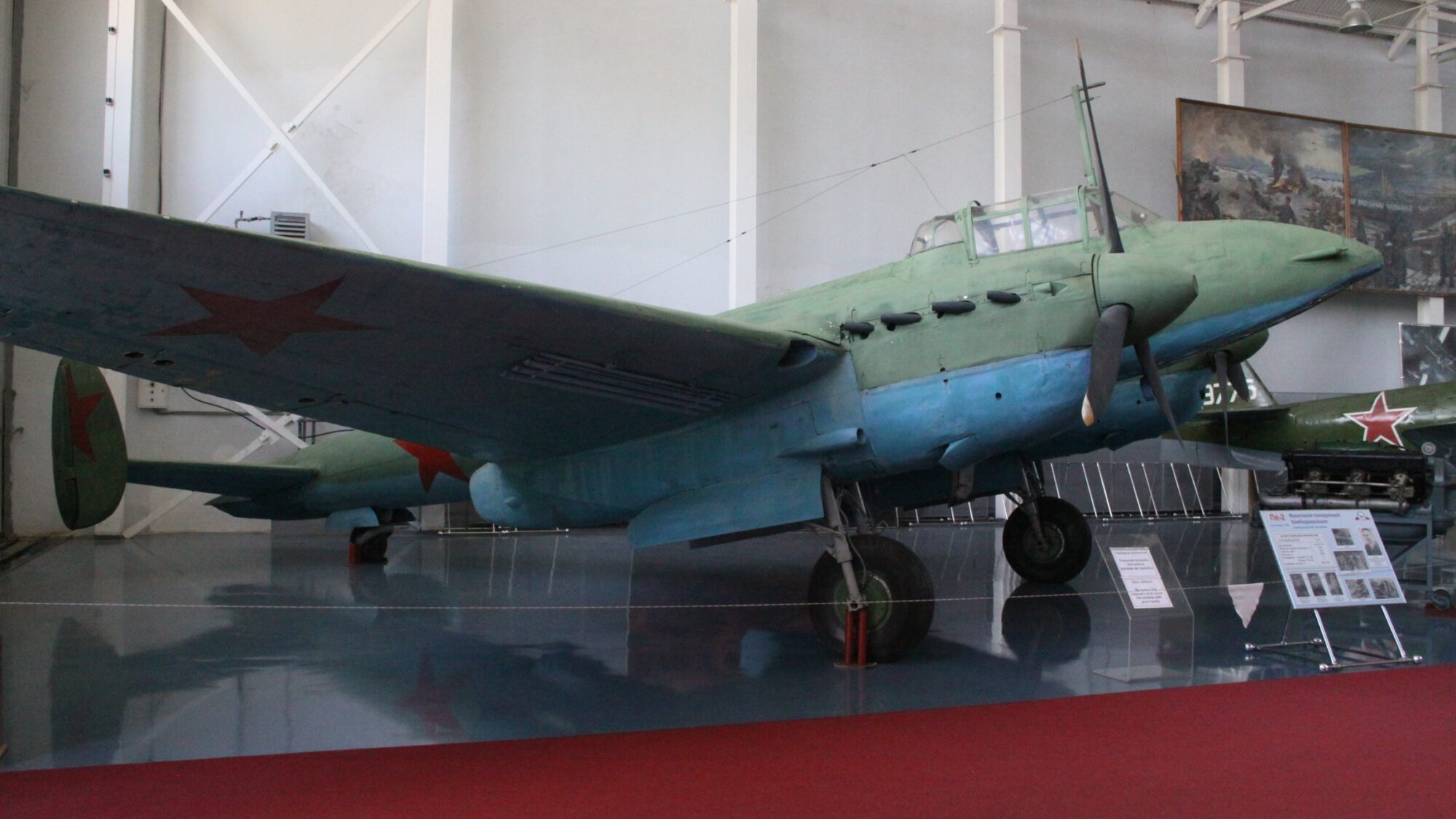
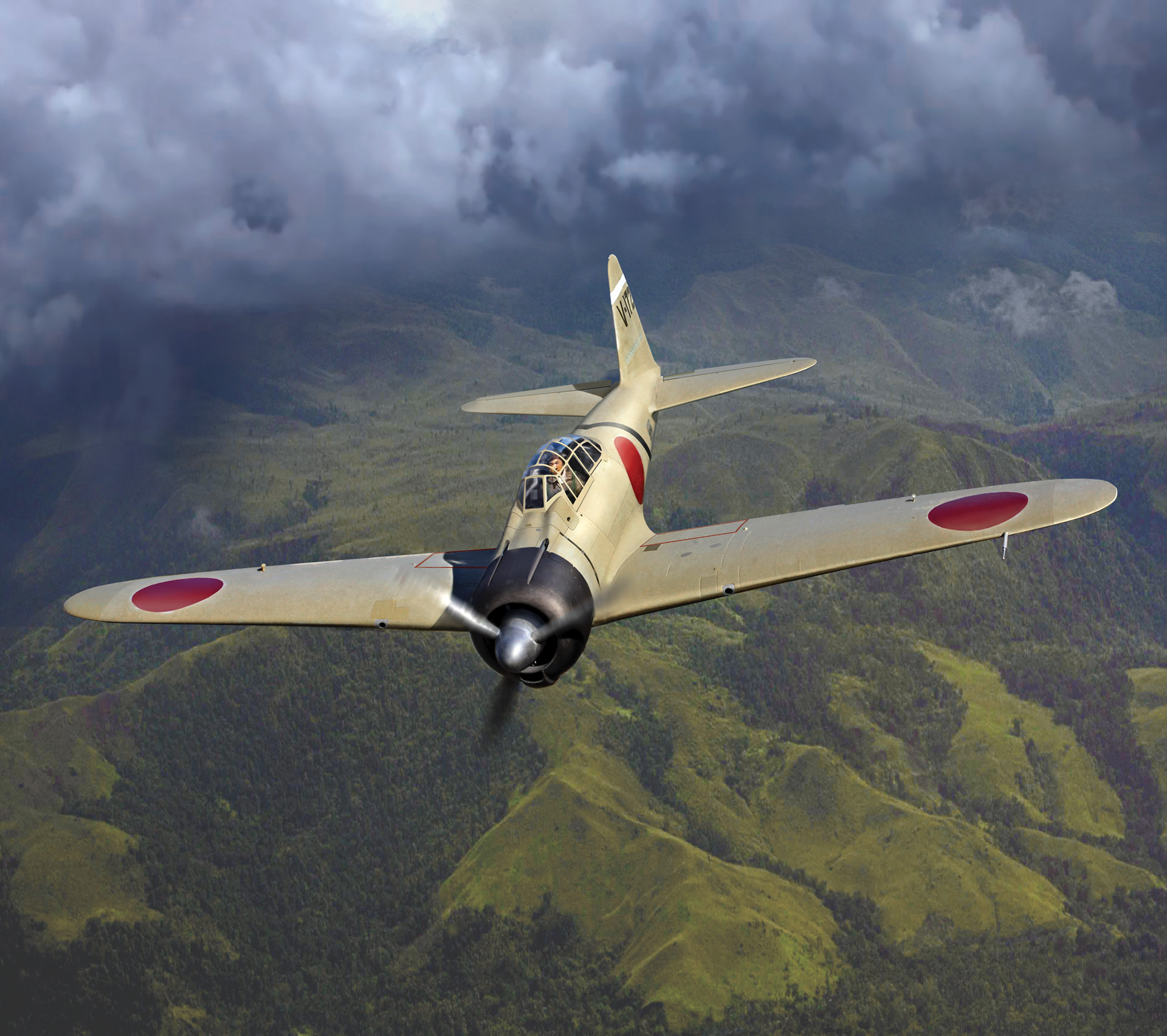
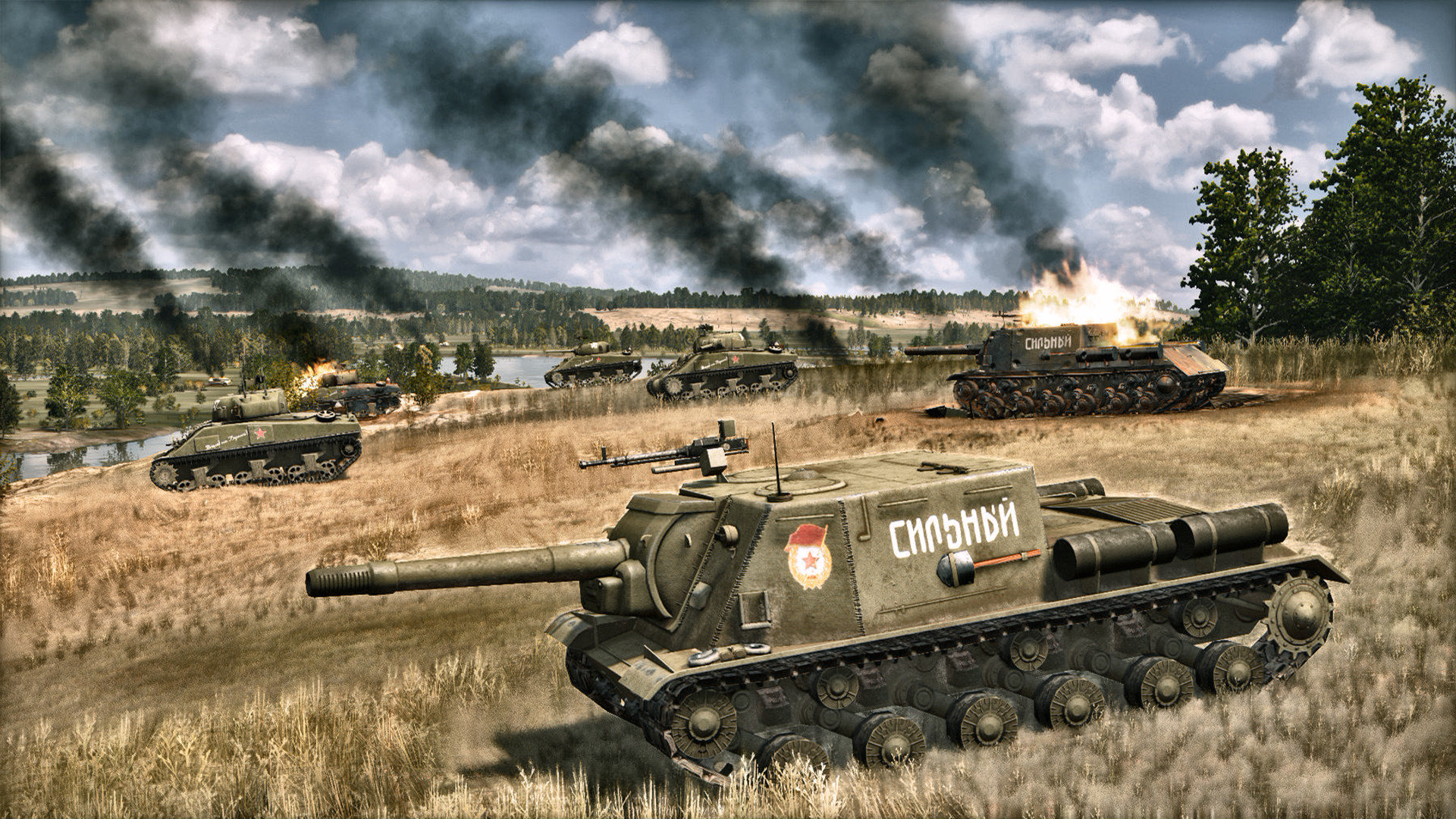
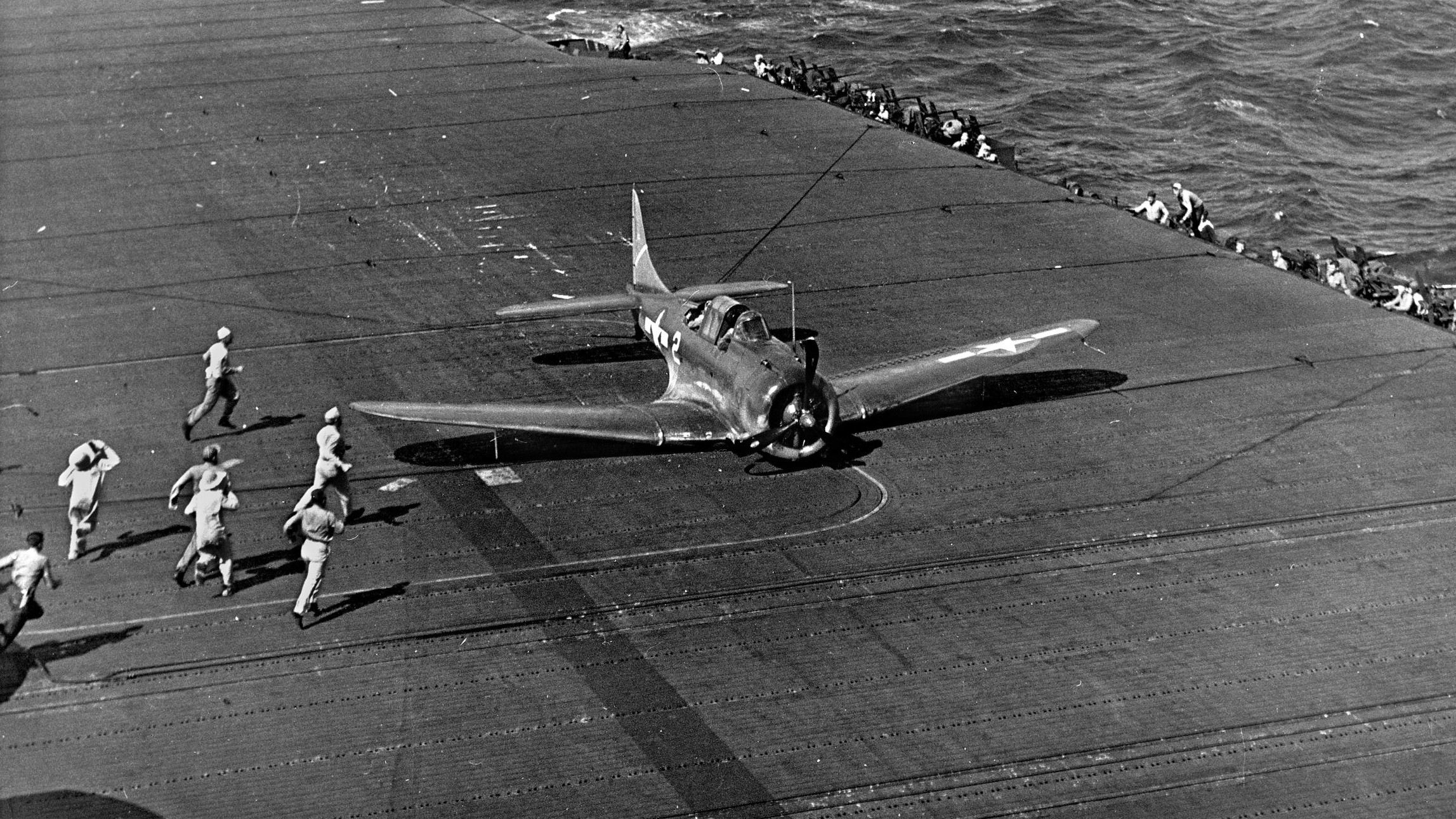
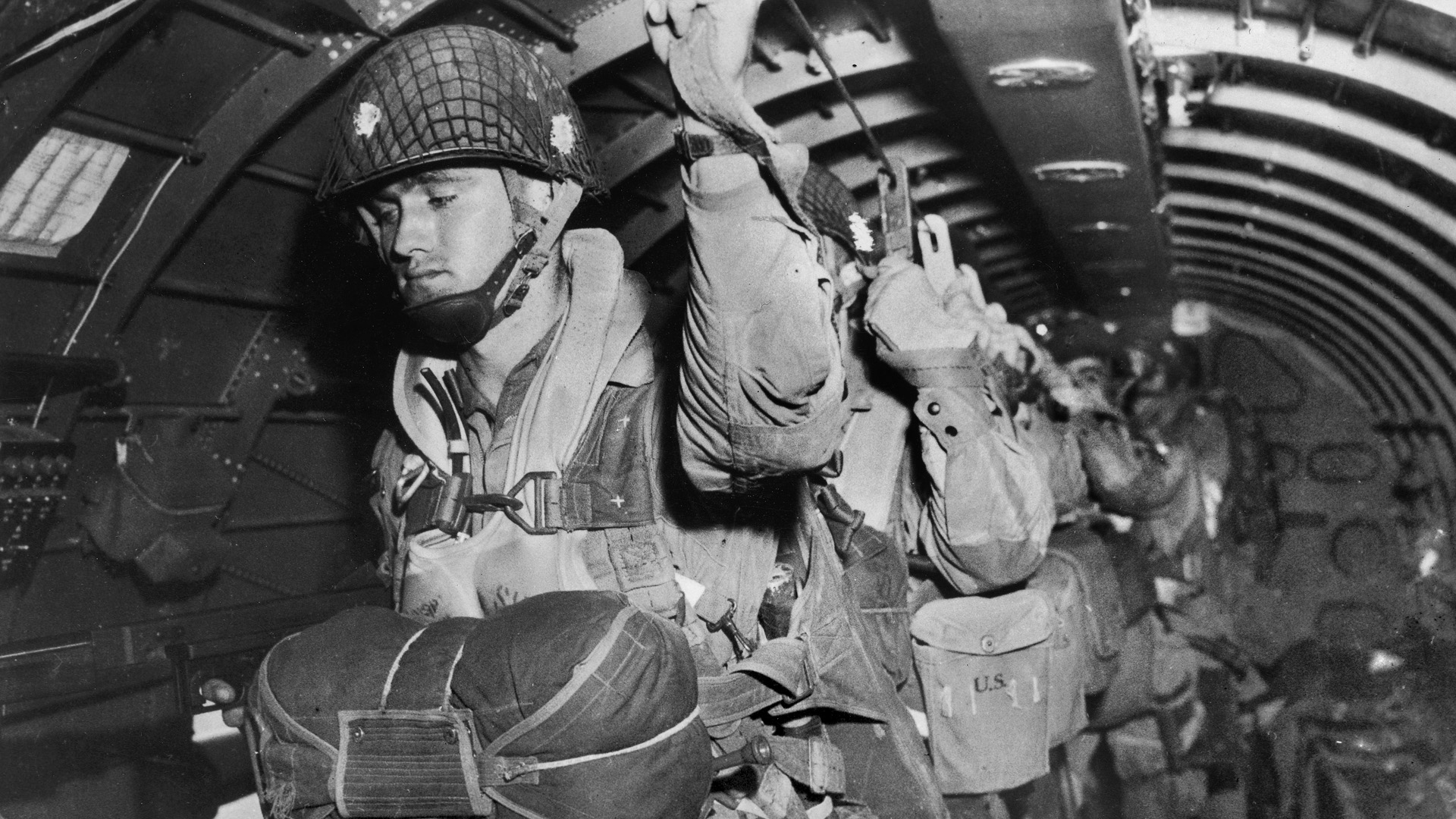
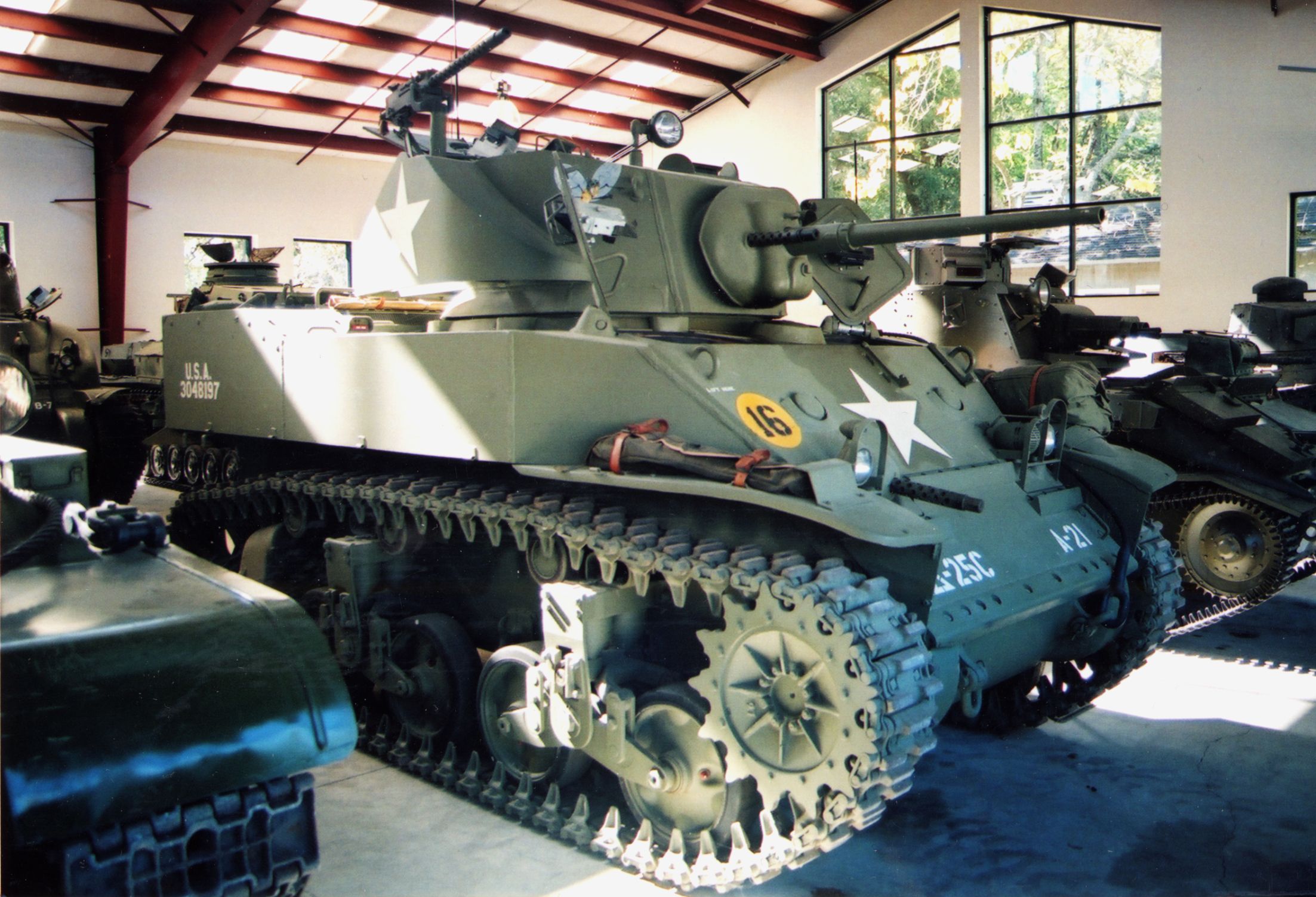
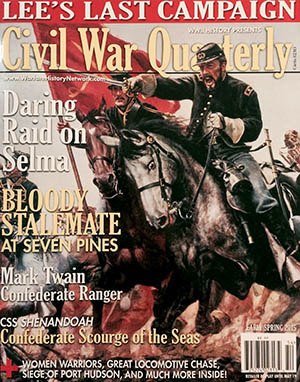
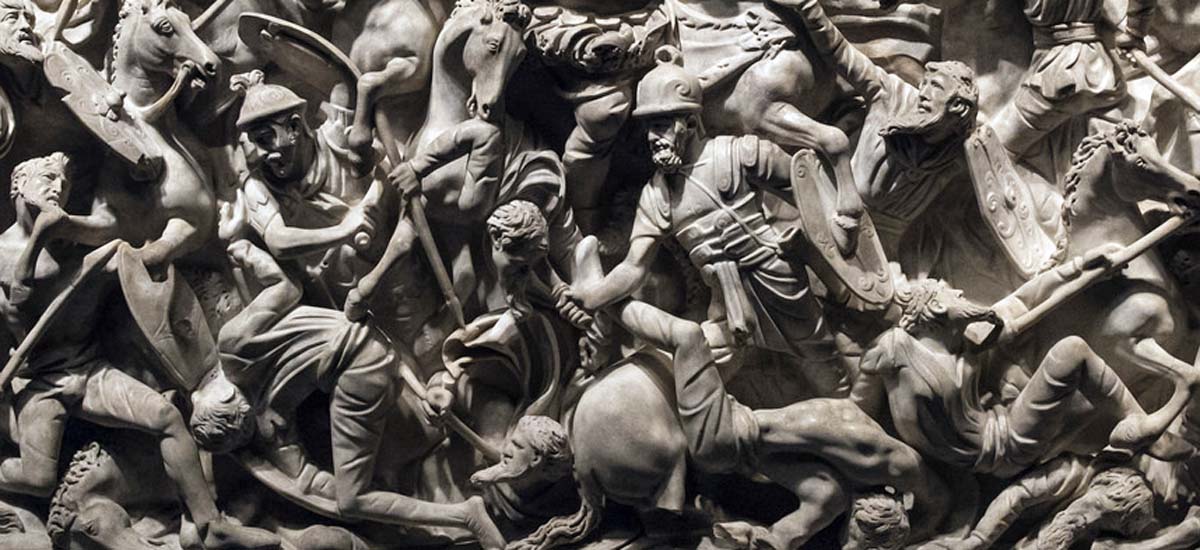
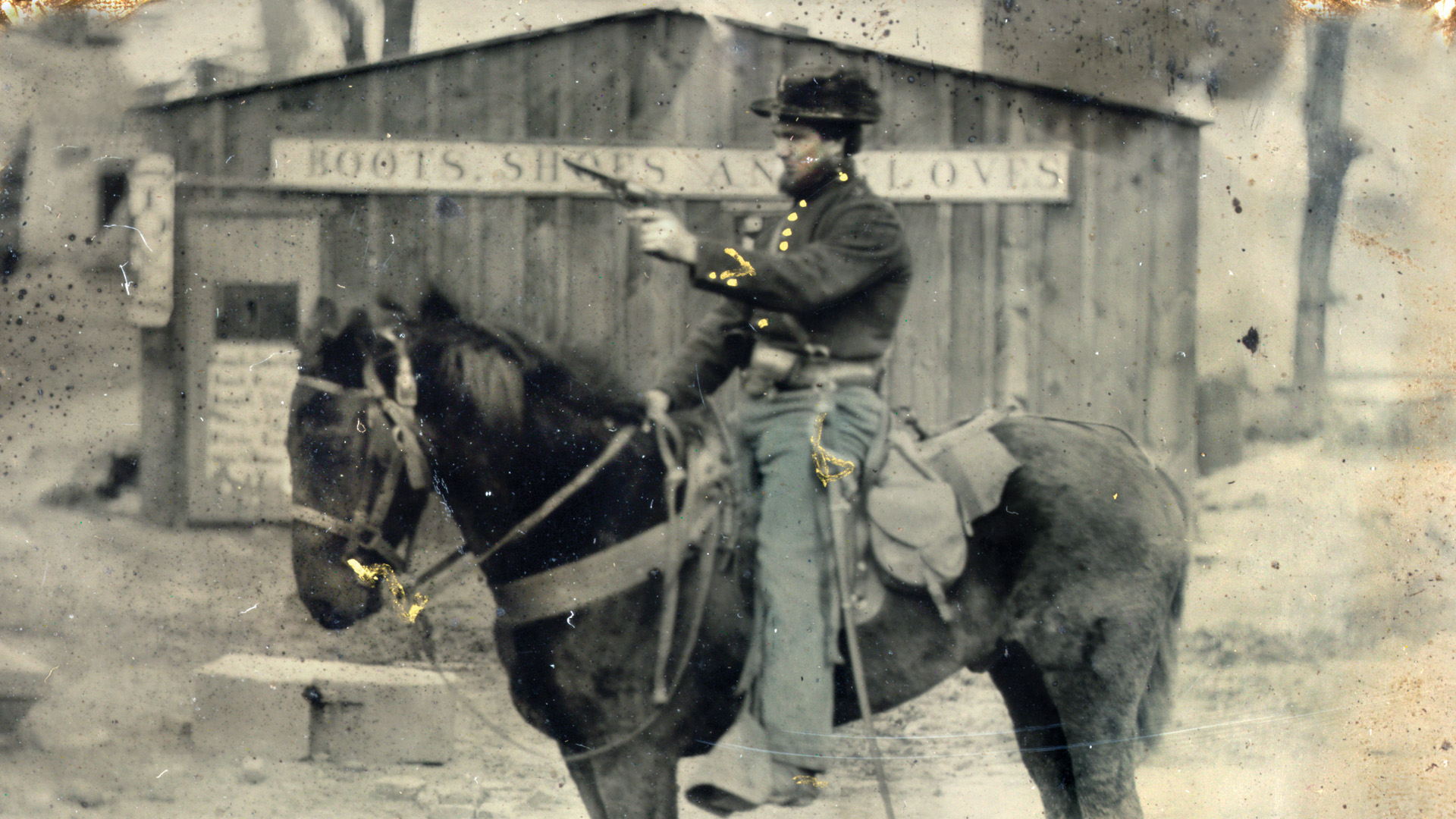
Join The Conversation
Comments
View All Comments